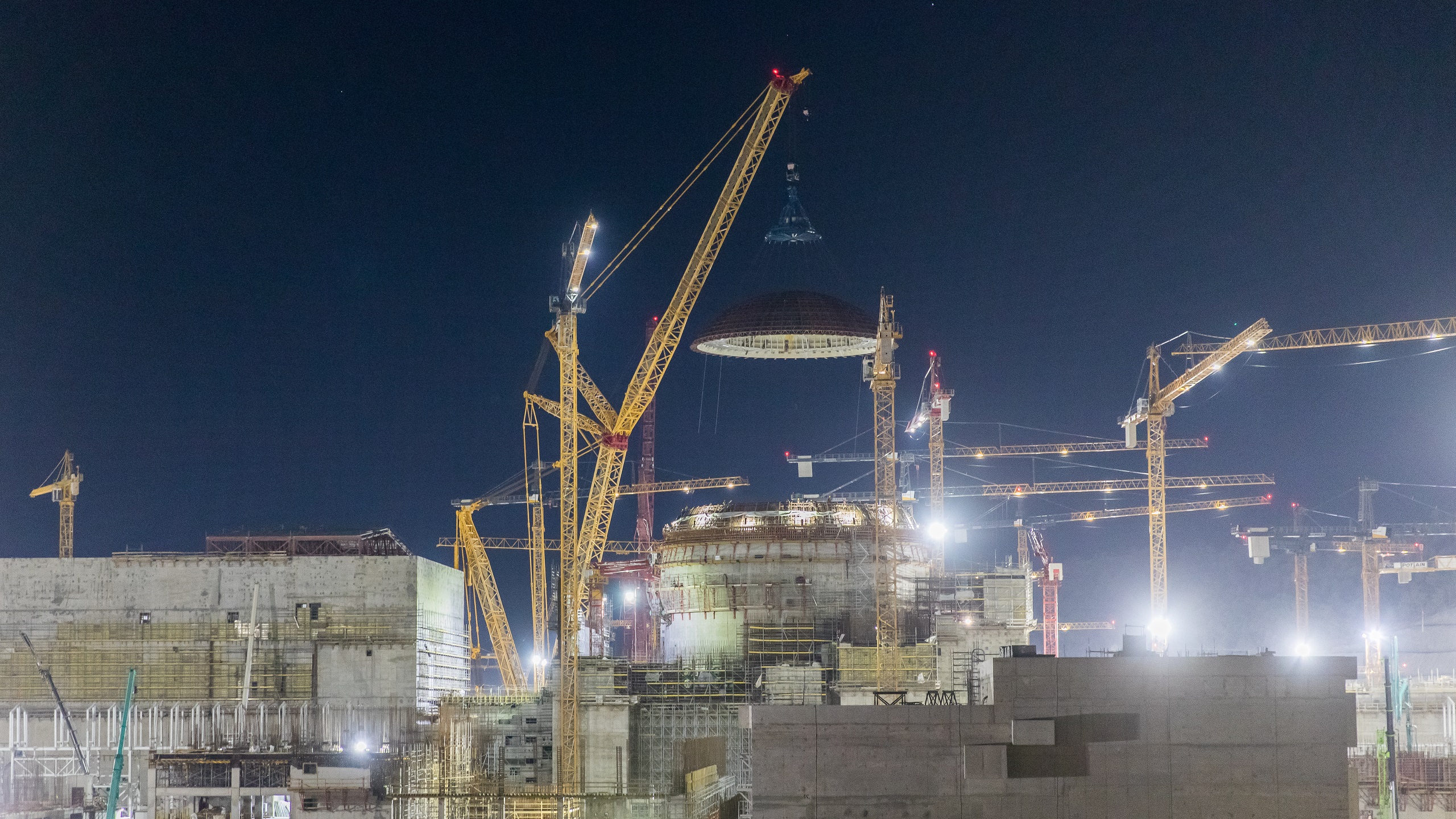Turkey To Load Fuel at 1st Nuclear Power Plant, Boosting Energy Ties With Russia
Turkey will inaugurate the first unit of its Akkuyu Nuclear Power Plant, built by Russia, by loading nuclear fuel later this month, as it seeks to strengthen energy ties with Moscow and boost national energy security. The plant, located in southern Mersin Province, is Turkey’s first nuclear power plant. It has four reactor units with a capacity to generate 1,200 MW of electricity each. Construction began in 2018 and is scheduled to complete in 2026. Once operational, it is expected to produce 35 billion kWh of electricity annually to meet around 10% of domestic electricity needs.
Turkish President Recep Tayyip Erdoğan said that the fuel-loading ceremony will take place on April 27, and power production at the plant is expected to begin in late October. Erdoğan also suggested that Russian President Vladimir Putin may attend the ceremony either in person or via teleconference.
Give the gift of hope
We practice what we preach:
accurate, fearless journalism. But we can't do it alone.
- On the ground in Gaza, Syria, Israel, Egypt, Pakistan, and more
- Our program trained more than 100 journalists
- Calling out fake news and reporting real facts
- On the ground in Gaza, Syria, Israel, Egypt, Pakistan, and more
- Our program trained more than 100 journalists
- Calling out fake news and reporting real facts
Join us.
Support The Media Line. Save democracy.


The Akkuyu plant is important for Turkey’s energy security, as most of the country’s energy sources are imported, and the nuclear plant will contribute to the nation’s energy independence. The plant also symbolizes the deepening relationship between NATO-member Turkey and Russia. The inauguration of Akkuyu comes at a time when NATO and European Union countries have imposed sanctions on Russia for launching its military operation in Ukraine, and Ankara’s refusal to impose sanctions demonstrates its willingness to maintain ties with Moscow despite differences over the Ukraine conflict.
Erdoğan is vying for re-election on May 14. The nuclear facility could prove to be a political asset for the incumbent leader, bolstering his political standing during a difficult time for the country, which is struggling with economic challenges and huge recovery costs after the Feb. 6 earthquakes.

